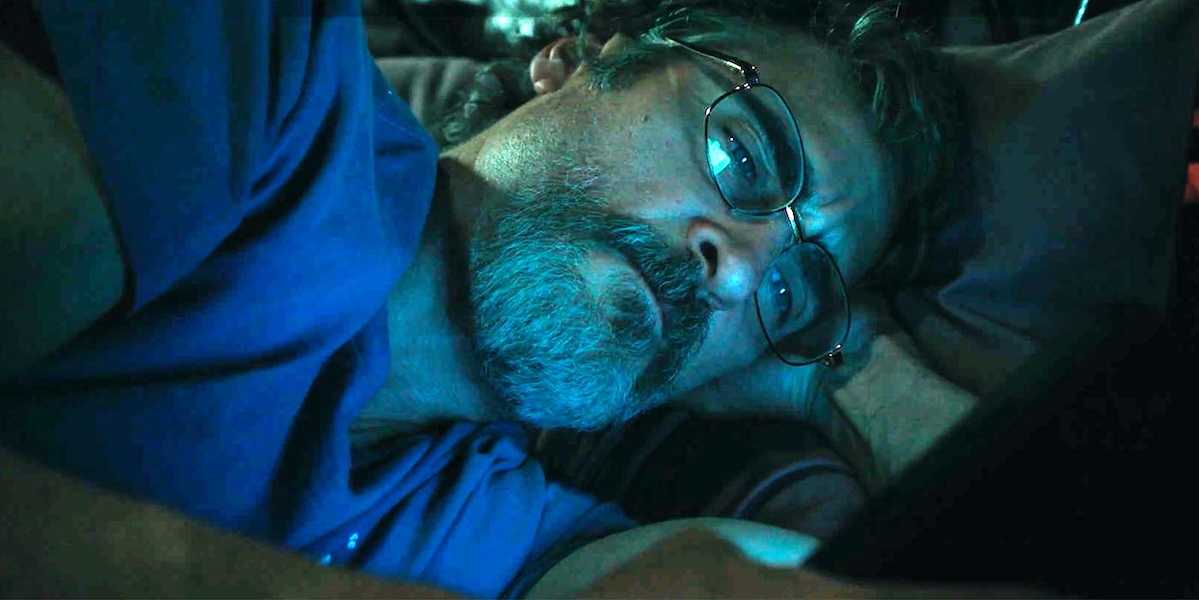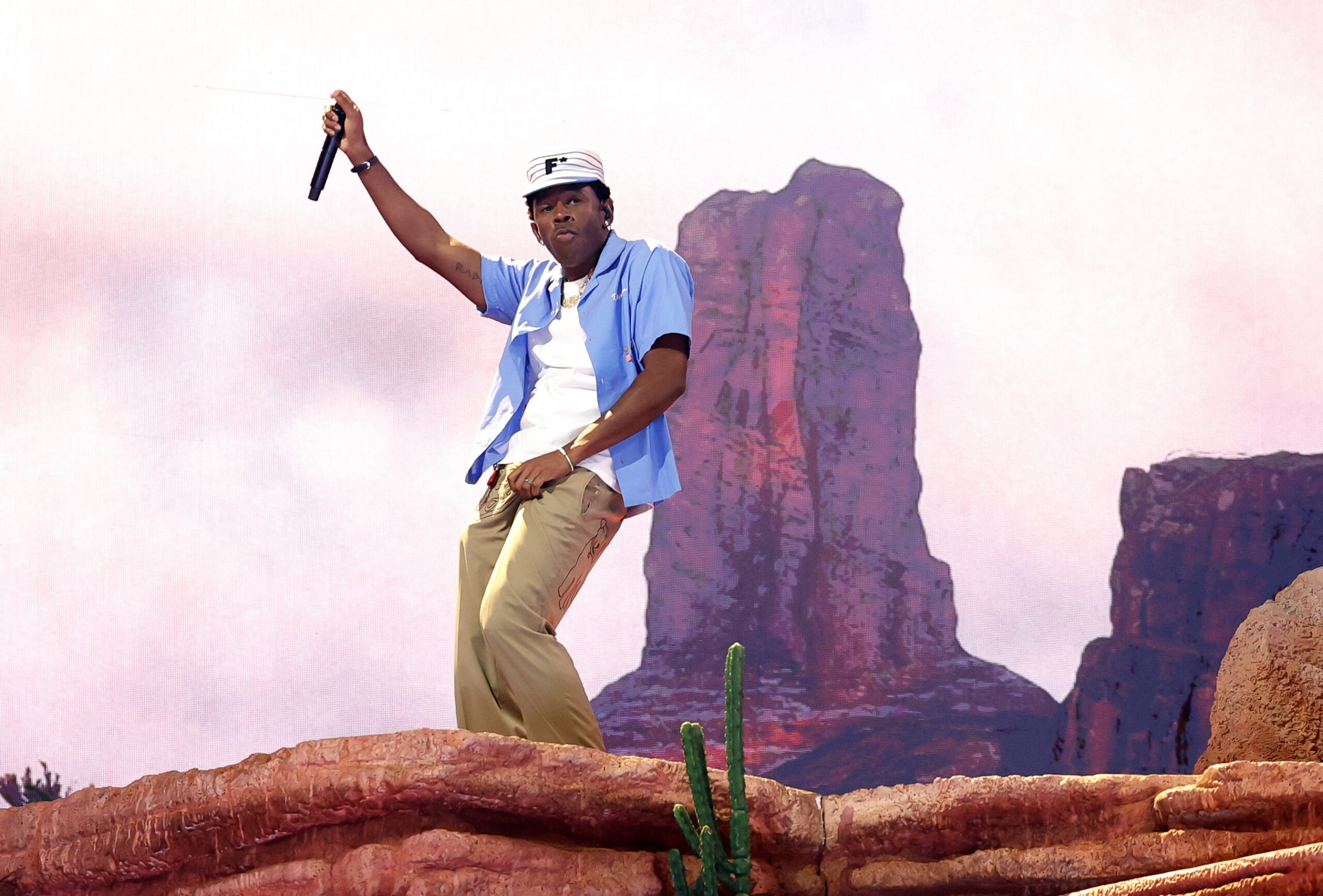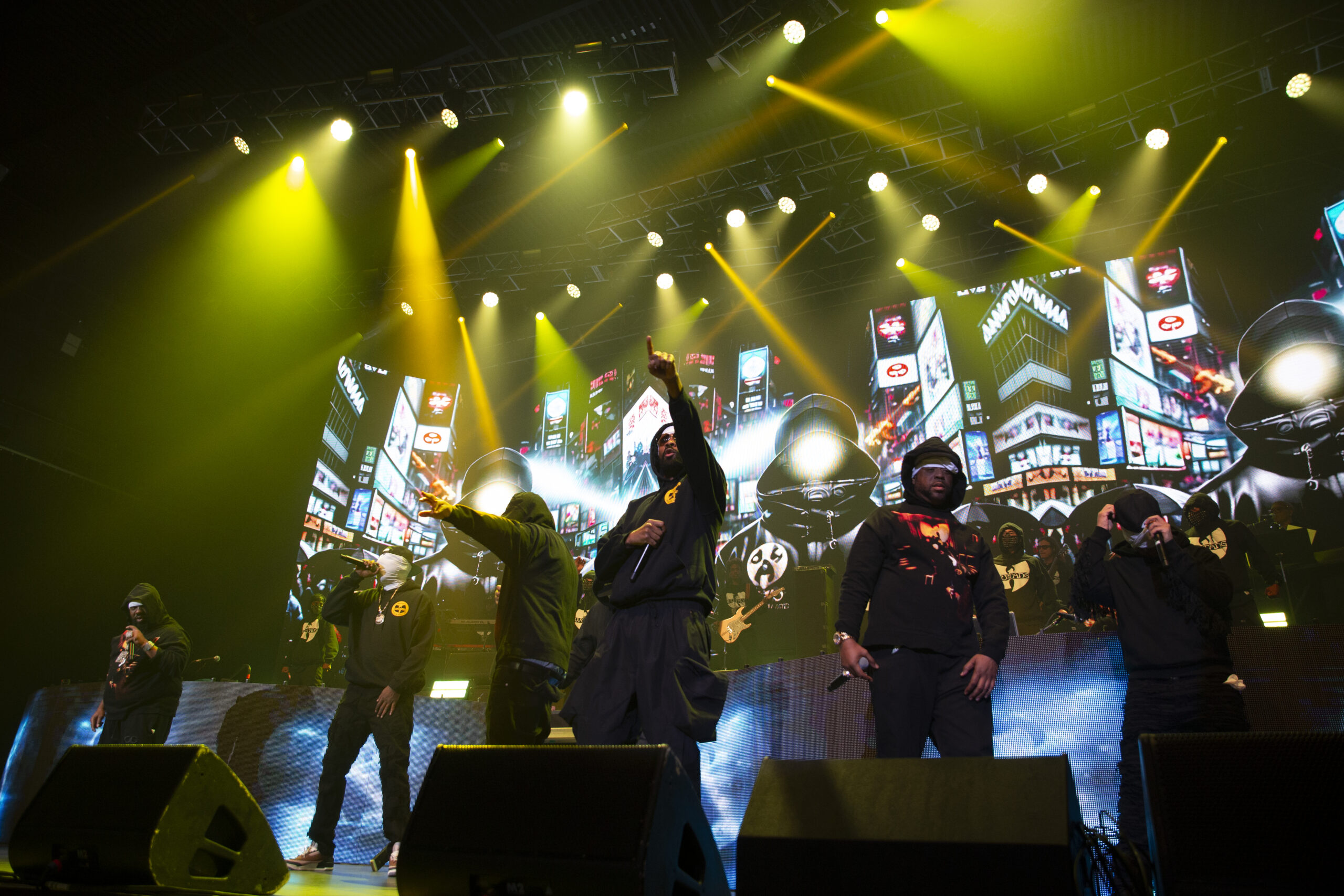
Paul Haggis’ Crash (2004) is a shallow film; its characters nothing more than reductive racial tropes colliding into and screaming epithets at one another. Somehow, the film defied the odds and beat out the heavily favored Brokeback Mountain to win the Oscar for Best Picture. Two decades and one pandemic later, perhaps the time is ripe for an updated version of Crash. But who would have guessed that Ari Aster was the man for the job?
Best known for his well-regarded horror movies, Hereditary (2018) and Midsommar (2019), Aster split viewers with his confounding third feature film, Beau is Afraid (2023). Starring Joaquin Phoenix as its title character, Beau is Afraid was a three-hour, ambitious, and overindulgent mess that stuffs every sort of fear and neurosis into its protracted runtime. Despite being lauded by filmmakers like Robert Eggers, John Waters, and Martin Scorsese, Beau is Afraid bombed, grossing only $11 million on a $35 million budget.
More from Spin:
- Wu-Tang Clan Wind Down ‘Final’ Tour With Guest Stars
- 5 Albums I Can’t Live Without: Dan Sugarman of Ice Nine Kills
- Jakob Nowell Was Born For This
The plot of Eddington, Aster’s latest film, sounds like more of a sure bet on paper. Set in a small New Mexico town in 2020, the film centers on a rivalry between its sheriff, Joe Cross (Phoenix again), and mayor Ted Garcia (Pedro Pascal) igniting into a full-blown culture war. Like Beau is Afraid, Eddington runs too long at 149 minutes and goes completely off the rails in its third act. Worst of all, the film’s “there are bad people on both sides” political message is muddled at best in its tonal inconsistency.
Think of any trope from today’s culture wars—it likely appears in Eddington. A lawman who thinks he’s above the law. People who believe they don’t have to wear a mask despite a statewide mandate. White BLM protesters who profusely apologize for their privilege. Conspiracy theorists who insist others do their own research. Talk of “houseless individuals,” pedophiles in positions of power, stolen land. One do-gooder whose mask slips down every time she speaks. Gun nuts. Crazed Antifa murderers. And looming over all this siloed mania, a potential data center the governor wants to build near Eddington that could siphon away the town’s drinking water.
Like his other work, Eddington proves that Aster is a technically excellent filmmaker. He is responsible for some of the most indelible, arresting images and physically uncomfortable moments of the past seven years. But Eddington also shows us that Aster doesn’t know when to end things, as it drags through multiple false endings. Worst of all, at this point, it’s fair to call Aster a miserabilist, one who not only has little faith in humanity but appears to enjoy torturing his characters.
As a social experiment, it would be interesting to watch Eddington in a theater in Portland, Oregon, and then again in a cinema somewhere in rural Texas. Both sides of the political spectrum will find something to laugh at, something to be enraged by. But as a social satire, Eddington feels superficial, especially as it devolves into a violent third act. The New York Times recently anointed Bong Joon Ho’s Parasite (2019), the best film of the 21st century so far. Alternately shocking and comical, the film is a social satire that not only succeeds in tonal shifts but also creates characters we can believe in. With four features to his name, it’s safe to say Aster doesn’t understand how to include that important human element in his work. Otherwise, it all just feels needlessly cruel.
To see our running list of the top 100 greatest rock stars of all time, click here.



